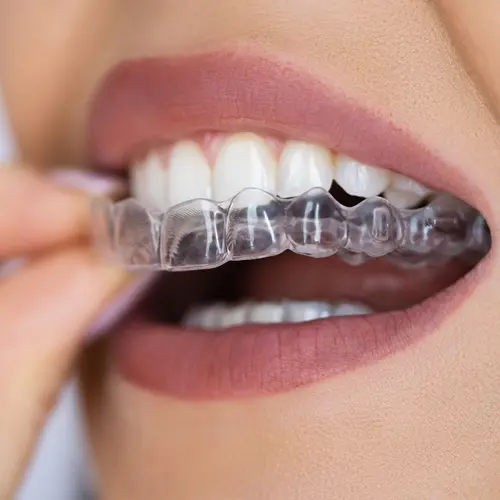Your dentist says it’s time to remove your wisdom teeth. They may refer you to an oral surgeon, who will do the procedure in their office. It should only take a few days for you to heal and feel back to normal.
Why Take Them Out?
Wisdom teeth are a third set of molars in the back of your mouth. They usually come in between the ages of 17 and 25, and they're spotted on X-rays. Most people have them removed for one of these reasons:
- They’re impacted. Because they're so far back in your mouth, wisdom teeth may not come in normally. They can be trapped in your jawbone or gums, which can be painful.
- They come in at the wrong angle. They may press against your other teeth.
- Your mouth isn’t big enough. Your jaw has no room for an extra set of molars.
- You have cavities or gum disease. You may not be able to reach your wisdom teeth with your toothbrush or dental floss.
Before Surgery
You’ll meet with the oral surgeon to talk about the process. At this appointment, make sure you:
- Talk about any health problems you have.
- List any drugs you take on a regular basis.
- Ask any questions you have about the surgery.
- Discuss what type of anesthesia you’ll have. You can either be numb or asleep during your surgery.
- Plan time off from work or school to have your surgery and rest afterward at home. Set up child care, pet care, or a ride home if needed.
During Surgery
Your surgery should take 45 minutes or less.
You’ll get one of these types of anesthesia so you don’t feel pain during the removal:
- Local: Your doctor will numb your mouth with a shot of local anesthetic such as novocaine, lidocaine or mepivicaine. You may also breathe nitrous oxide, or laughing gas, to relax or even doze during surgery. You should feel alert again shortly afterward.
- IV sedation: The surgeon will numb your mouth and also give you drugs through a vein in your arm to make you drowsy. You might sleep during the whole procedure.
- General: You’ll either get drugs through a vein or breathe gas in through a mask. You’ll be asleep the whole time and might not wake up for an hour or so after the surgery.
Your doctor may have to cut your gums or bone to get the teeth out. If so, they'll stitch the wounds shut so they heal quickly. These stitches usually dissolve after a few days. They may also stuff gauze pads in your mouth to soak up some of the blood.
After Surgery
Everyone responds differently to anesthesia. If you had a local anesthetic and feel alert, you might be able to drive home to begin your recovery. You might even be able to go back to work or do your normal activities. If you had general anesthesia or still feel drowsy, you’ll need someone to drive you home.
Most people have little to no pain after surgery. You'll likely have swelling and mild discomfort for 3 or so days. Your mouth may need a few weeks to completely heal.
Follow your doctor’s instructions for a quicker recovery. Here are some tips for the first 3 days after surgery:
Dos:
- Use an ice pack on your face to curb swelling or skin color changes.
- Use moist heat for a sore jaw.
- Gently open and close your mouth to exercise your jaw.
- Eat soft foods like pasta, rice, or soup.
- Drink plenty of fluids.
- Brush your teeth starting the second day. Don’t brush against any blood clots.
- Take the drugs your doctor prescribes to ease pain or swelling.
- Call your doctor if you have a fever, or if your pain or swelling doesn’t improve.
Don’ts:
- Don’t drink through a straw. Sucking may loosen blood clots that help your mouth heal.
- Don’t rinse your mouth too harshly. Your doctor may suggest rinsing gently with saltwater.
- Don’t eat hard, crunchy, or sticky foods that may scratch your wounds.
- Don’t smoke. Smoking can slow your healing.

